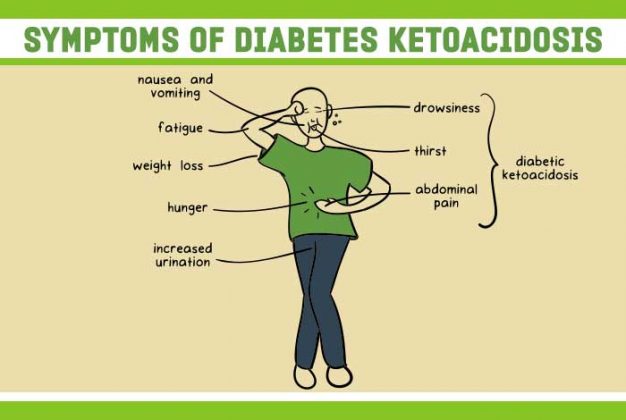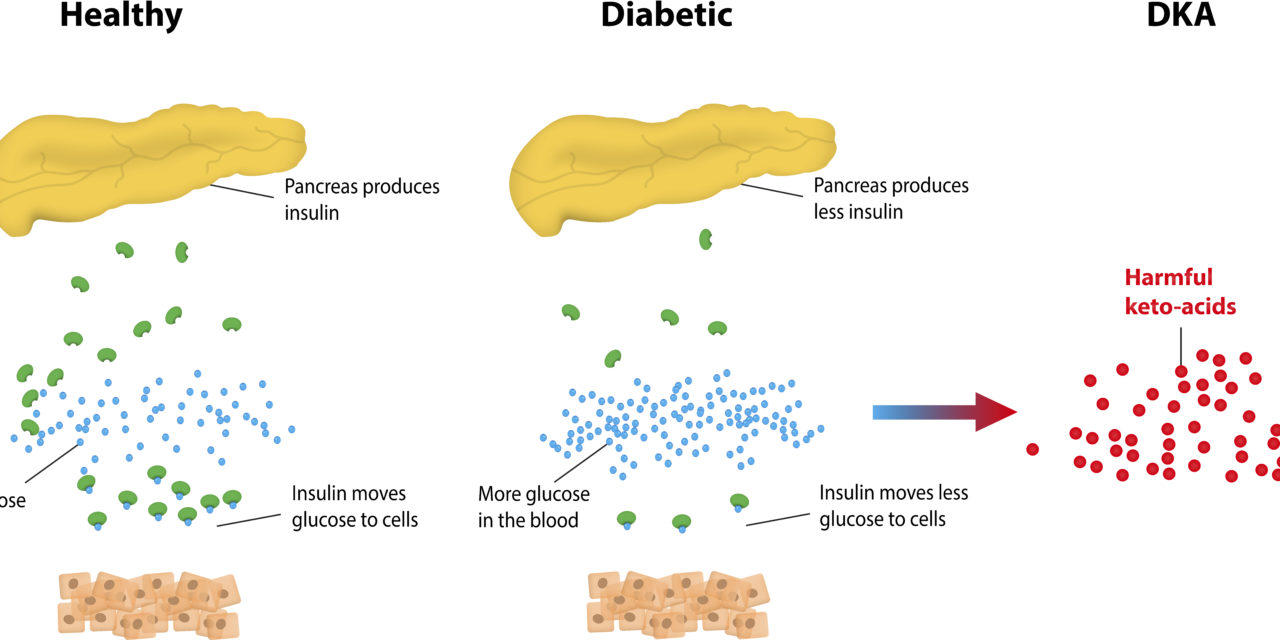what is the most common cause of diabetic ketoacidosis Diabetic ketoacidosis dka causes hhs diabetes mellitus cerebral children treatment metabolic emergencies forgotten treatable avoidable both
Diabetes Ketoacidosis (DKA) is a serious complication that can occur in people with diabetes. It is a condition characterized by high blood sugar levels, the presence of ketones in the urine, and acidosis. DKA can be life-threatening and requires immediate medical attention.
Causes of Diabetes Ketoacidosis
There are several factors that can contribute to the development of DKA. The most common cause is a lack of insulin in the body. This can occur in people with type 1 diabetes, where the immune system mistakenly attacks and destroys the insulin-producing cells in the pancreas. Additionally, certain medical conditions or illnesses, such as infections or heart attacks, can also trigger DKA. Other factors that can increase the risk of DKA include poor adherence to diabetes management, stress, and certain medications.
Symptoms of Diabetes Ketoacidosis
The symptoms of DKA can develop rapidly and should not be ignored. They include excessive thirst, frequent urination, high blood glucose levels, fatigue, nausea and vomiting, abdominal pain, fruity breath odor, rapid breathing, confusion, and even loss of consciousness. It is essential to seek immediate medical attention if any of these symptoms arise, as DKA can be life-threatening.
 Image: Symptoms of Diabetes Ketoacidosis
Image: Symptoms of Diabetes Ketoacidosis
Treatment of Diabetes Ketoacidosis
The primary goal of treating DKA is to correct the imbalances and restore normal blood sugar levels. This usually involves a combination of insulin therapy, intravenous fluids, and electrolyte replacement. Insulin helps lower blood sugar levels and promotes the utilization of glucose by the body. Intravenous fluids are administered to correct dehydration and restore electrolyte imbalances. In severe cases, hospitalization may be required for close monitoring and more intensive treatment.
 Image: Treatment of Diabetes Ketoacidosis
Image: Treatment of Diabetes Ketoacidosis
It is important for individuals with diabetes to be aware of the risk factors for DKA and to take necessary precautions. Regular monitoring of blood sugar levels, adhering to prescribed medications and insulin therapy, maintaining a healthy lifestyle, and promptly addressing any illness or infection are crucial in preventing DKA.
In conclusion, Diabetes Ketoacidosis is a serious complication that can occur in people with diabetes. Understanding the causes, recognizing the symptoms, and seeking prompt medical attention are key in managing this condition effectively. Through proper management and lifestyle choices, individuals with diabetes can minimize the risk of DKA and maintain optimal health.
If you are searching about Reason for lightheadedness after eating, treatment of diabetes mellitus you’ve visit to the right web. We have 5 Pictures about Reason for lightheadedness after eating, treatment of diabetes mellitus like Diabetes Ketoacidosis (DKA) - Causes, Symptoms & Treatment, Diabetic Ketoacidosis | OnCallmeters.com and also Reason for lightheadedness after eating, treatment of diabetes mellitus. Read more:
Reason For Lightheadedness After Eating, Treatment Of Diabetes Mellitus
 s3.amazonaws.comdiabetic ketoacidosis dka causes hhs diabetes mellitus cerebral children treatment metabolic emergencies forgotten treatable avoidable both
s3.amazonaws.comdiabetic ketoacidosis dka causes hhs diabetes mellitus cerebral children treatment metabolic emergencies forgotten treatable avoidable both
Diabetic Ketoacidosis | OnCallmeters.com
 www.oncallmeters.comketoacidosis diabetic dka
www.oncallmeters.comketoacidosis diabetic dka
Diabetes Ketoacidosis (DKA) - Causes, Symptoms & Treatment
 zovon.comketoacidosis dka diabetic diagnosis increased breath
zovon.comketoacidosis dka diabetic diagnosis increased breath
Diabetic Ketoacidosis, Emergency Care, Emergency Preparedness
 www.pinterest.comIs Diabetic Ketoacidosis A Type Of Respiratory Acidosis - DiabetesWalls
www.pinterest.comIs Diabetic Ketoacidosis A Type Of Respiratory Acidosis - DiabetesWalls
diabeteswalls.blogspot.comketoacidosis diabetic acidosis respiratory
Diabetic ketoacidosis dka causes hhs diabetes mellitus cerebral children treatment metabolic emergencies forgotten treatable avoidable both. Diabetic ketoacidosis. Ketoacidosis dka diabetic diagnosis increased breath